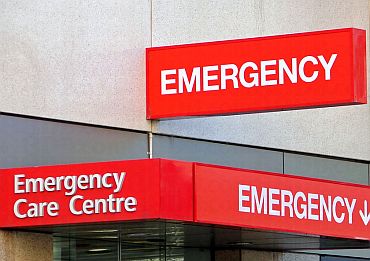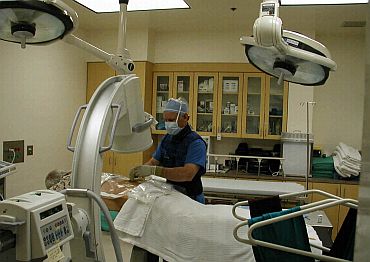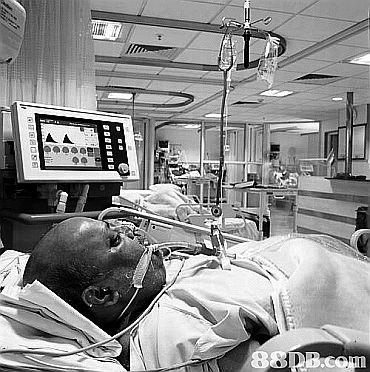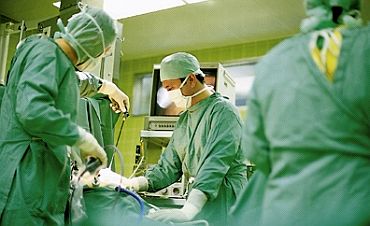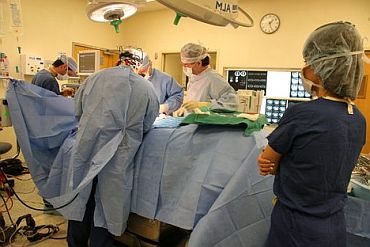 | « Back to article | Print this article |
The long wait for a surgery at govt hospitals
Patients hoping to enter Delhi's two premier government-run speciality hospitals for surgery may have to wait for a period between six months to three years.
While the General Surgery Department at the All India Institute of Medical Sciences has a minimum waiting period of three to five months, in Gastro-intestinal Surgery it is six months to one year and the longest waiting period is in the Neuro-surgery department: 18 months to three years.
All the major departments -- General Surgery, Gastro-intestinal, Paediatrics, Orthopaedics, Nephrology, Cardiac and Neuro -- have long waiting lists for surgery, reveals an RTI reply.
Click on NEXT to read further...
Waiting period in Orthopaedics is about a year
In reply to the RTI application filed by Swapna Tarafdar, Dr Shyam Lal of the Cardio-Neuro Sciences Centre at AIIMS accepted that "In unit one of the Neurosurgery Department, admission of priority cases can happen on November 2011, while the gestation period for routine cases is till August 2013."
He added, "Waiting period for admission to the department varies for priority and routine cases... In unit two, the waiting period for admission of priority cases is October 2011 and the routine cases have to wait till January 2012."
'We conduct nearly 3500 surgeries a year'
The Cardio-thoracic Department has seven surgeons at present as against the need of 12.
A doctor said, "We conduct nearly 3500 surgeries a year. Shortage of doctors, shortage of hospitals to cater to the patient load in Delhi's periphery and small infrastructure all contribute to this patient load. We doubt this waiting period will ever fall."
He said, "The waiting period may vary for three months to one year. Those admitted in private wards too have too wait three to four months."
The patient load is huge at AIIMS, said a doctor with the Department of Neurosurgery. "At times when our hands are full we are compelled to refer certain urgent cases to Safdarjung hospital".
'The waiting period will rise further'
Dr T K Chattopadhyay, professor and head of the Department of Gastro-Intestinal Surgery and Liver transplantation says patients with malignancy get priority, but even they have to wait three weeks to a month for surgery. For benign diseases, the wait can be from six months to a year.
At present, 633 patients are waitlisted for orthopaedic surgery and their turn will come next year. "If this continues and the patient load increases, this waiting period will not fall, instead it will rise further," another doctor with the Department said.
Dr D K Sharma, medical superintendent, CPIO, AIIMS said, "This time period is subject to change and all the case posted for the surgery may not be operated on the expected time. It might be effected due to some emergency admission or prolonged post operative hospital stay of the admitted patients due to complications."
The story is the same with the other hospitals too
The story is the same with the other hospitals too. The Safdarjung hospital too has a waiting period in different surgical departments that ranges between three to six months.
According to data provided by the hospital, 84,920 surgeries were performed during the year 2009, which averages 232 major and minor surgeries per day.
One of the Chief Medical Officers of the hospital, Dr Sitalakshmi, blamed mismatch between patient load and available infrastructure for the waiting period.
She said, "There is a need for more hospitals in neighbouring states and periphery regions of NCR to ease the rush of patients here."
